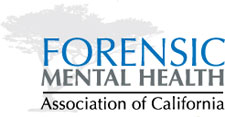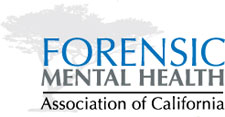Neurodevelopmentally-Based Practical Assessment and Treatment Methods for Juveniles
Date & Time
December 13, 2021
9:00am - 4:15pm
Location
Sheraton Grand
1230 J Street
Sacramento, Ca 95814
December 13, 2021
9:00am - 4:15pm
Location
Sheraton Grand
1230 J Street
Sacramento, Ca 95814
By registering for this event you are agreeing to the FMHAC COVID-19 Policy.
Summary
Brain and neuropsychological changes during adolescence has become an increasingly important area influencing juvenile law and policy and clinical practice. It is often challenging to find readily understandable and usable information regarding these issues.
The presentation will discuss the following:
The presentation will discuss the following:
- The neurodevelopmental narrative with juveniles: both more accurate and optimistic.
- Changes and behavioral correlates of brain behavior and development during adolescence.
- Measurable neuropsychological changes during adolescence related to brain changes.
- Practical assessment methods relevant to brain and behavior changes.
- Practical methods for assessing general recidivism and the relation to adolescent development.
- The concept of psychosocial maturity and brain development, and relevance to forensic outcomes in juveniles.
- Relevance of research literature regarding evidence-based practice and brain development.
- Practical evidence-based treatment methods for assessing psychosocial maturity.
- Models of program evaluation for effective treatment programs.
Presented By

Norbert Ralph, PhD, MPH is a clinical psychologist, neuropsychologist, and epidemiologist, who for over 20 years has worked with juvenile justice populations doing both neuropsychological assessments and also treatment to prevent recidivism. He has over 40 publications of various types related to his presentation.
Learning Objectives
- Identify three characteristics related to neurodevelopment and brain factors that affect risky behaviors and recidivism in juveniles.
- Identify two methods to assess developmental immaturity in probation youth.
- Identify two evidence-based treatment methods to promote psychosocial maturity in probation youth.
CE Credit |
Intended Audience |
Experience Level |
|
6 CE Available for CPA, BBS, BRN
Additional Continuing Education Information |
This training is intended for mental health and related professionals.
|
This training is appropriate for all level clinicians.
|

